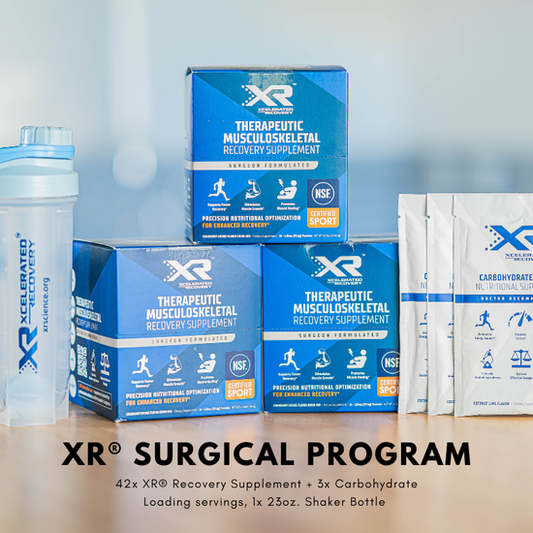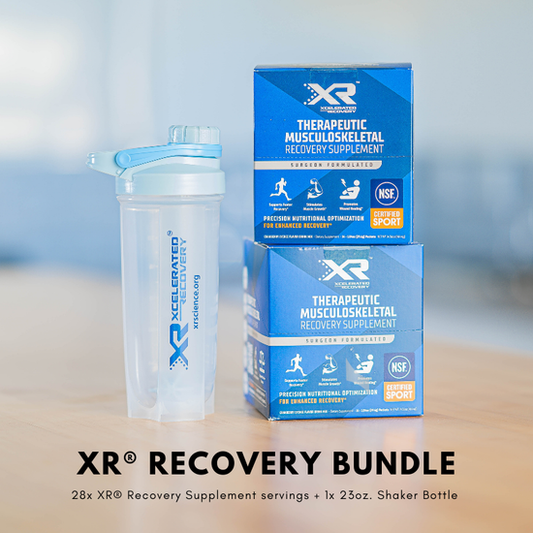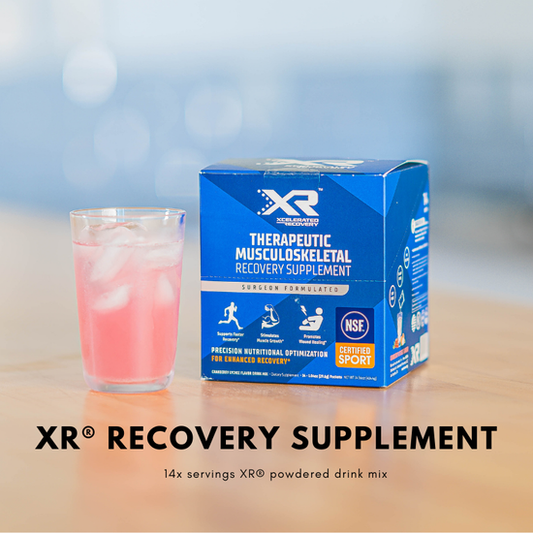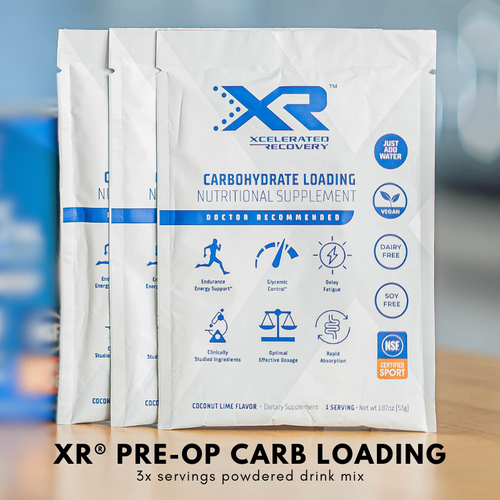
Beyond the Gym: Amino Acids and Cognitive Performance
Share
Most people associate amino acids with building muscle and post-workout recovery, but a growing body of research reveals that these nutrients also play powerful roles in protecting the brain, enhancing cognition, and supporting recovery from neurological stress.
BCAAs, fuel for the brain’s glutamate system and learning
Branched-chain amino acids (leucine, isoleucine, and valine) do more than feed muscles, they directly support the glutamatergic neurotransmitter system, vital for memory and learning. Lower plasma valine levels are linked to faster cognitive decline, while higher levels correlate with reduced Alzheimer’s risk (Polis & Samson, 2020). Dysregulated BCAA metabolism may contribute to the energy imbalance seen in Alzheimer’s disease (Conway, 2020). In animal studies, BCAA supplementation restored glutamate, GABA balance and improved cognition in chronic cerebral hypoperfusion models (Xu et al., 2025). A randomized controlled trial also showed that BCAA, arginine, and citrulline supplementation prevented mental fatigue and improved reaction times in elite athletes after repeated matches (Chen et al., 2016).

Arginine, a neuroprotective ally against Alzheimer’s and TBI
Arginine supports nitric oxide synthesis, improves blood flow and neurovascular coupling, and acts as a chemical chaperone that prevents toxic protein aggregation. Oral arginine suppressed amyloid beta plaque formation and improved cognitive and behavioral outcomes in Alzheimer’s mouse models (Fujii et al., 2025). Altered arginine metabolism is a hallmark of Alzheimer’s pathology, indicating that restoring urea cycle balance may have therapeutic benefits (Polis & Samson, 2020). When combined with BCAAs and citrulline, arginine also helps reduce central fatigue by optimizing ammonia clearance and nitric oxide production (Chen et al., 2016).

Glutamine and the glutamate connection
Glutamine is the primary precursor to glutamate, the brain’s main excitatory neurotransmitter. Supporting glutamine metabolism helps maintain energy and neurotransmitter balance, particularly during metabolic stress. Glutamine buffers ammonia and supports neuronal metabolism, which is critical during exercise or recovery from injury (Holeček, 2020). In Alzheimer’s research, glutamatergic dysregulation is a major therapeutic focus, highlighting the role of amino acid–driven neurotransmitter balance (Conway, 2020).

Creatine, brain energy and cognitive resilience
Creatine powers neuronal mitochondria and helps maintain ATP levels during metabolic or oxidative stress. A 2024 meta-analysis found that creatine supplementation improved memory, attention, and processing speed in adults (Xu et al., 2024). Additional evidence shows creatine may enhance cognition under stress, improve concussion recovery, and protect against age-related declines in brain energy metabolism (Roschel et al., 2021, Candow et al., 2023). Creatine supplementation has also been shown to reduce neural damage and improve recovery following traumatic brain injury in both animal and human studies (Conti et al., 2024).
A holistic neuroprotective strategy
When combined, these amino acids offer a synergistic foundation for cognitive resilience. BCAAs help maintain neurotransmitter balance and support learning, arginine enhances blood flow and reduces amyloid buildup, glutamine fuels neurons and buffers metabolic stress, creatine sustains brain energy and accelerates recovery from injury. Together, they shift amino acid supplementation from a gym-focused tool to a comprehensive strategy for brain longevity.
Conclusion
Emerging research shows amino acids act as far more than muscle fuel, they are molecular protectors of cognition. Whether preventing Alzheimer’s pathology, mitigating concussion damage, or maintaining focus under fatigue, these nutrients help the brain stay energized, balanced, and resilient across the lifespan.
References:
- Fujii, K., Takeuchi, T., et al. (2025). Oral administration of arginine suppresses Aβ pathology in animal models of Alzheimer’s disease. Neurochemistry International.
- Dickerman, R. D. et al. (2022). Branched-Chain Amino Acids Are Neuroprotective Against Traumatic Brain Injury and Enhance Rate of Recovery. Neurotrauma Reports.
- Polis, B., & Samson, A. O. (2020). Role of the metabolism of branched-chain amino acids in the development of Alzheimer's disease and other metabolic disorders. Neural Regeneration Research.
- Conway, M. (2020). Alzheimer’s disease: targeting the glutamatergic system. Biogerontology.
- Xu, C., Bi, S., Zhang, W., & Luo, L. (2024). The effects of creatine supplementation on cognitive function in adults: a systematic review and meta-analysis. Frontiers in Nutrition.
- Roschel, H., Gualano, B., Ostojic, S. M., & Rawson, E. S. (2021). Creatine Supplementation and Brain Health. Nutrients.
- Candow, D., Forbes, S., Ostojić, S., Prokopidis, K., Stock, M., et al. (2023). “Heads Up” for Creatine Supplementation and its Potential Applications for Brain Health and Function. Sports Medicine.
- Conti, F., McCue, J. J., Dituro, P., Galpin, A. J., & Wood, T. R. (2024). Mitigating Traumatic Brain Injury: A Narrative Review of Supplementation and Dietary Protocols. Nutrients.\
- Chen, I-F., Wu, H., Chen, C., Chou, K., & Chang, C. (2016). Branched-chain amino acids, arginine, and citrulline alleviate central fatigue after simulated matches in athletes. Journal of the International Society of Sports Nutrition.
- Holeček, M. (2020). Influence of Histidine Administration on Ammonia and Amino Acid Metabolism: A Review. Physiological Research.
- Xu, Q., Qu, Y., et al. (2025). Exogenous branched chain amino acids improve cognitive impairment by regulating glutamatergic synapses in chronic cerebral hypoperfusion rats. Nutritional Neuroscience.








